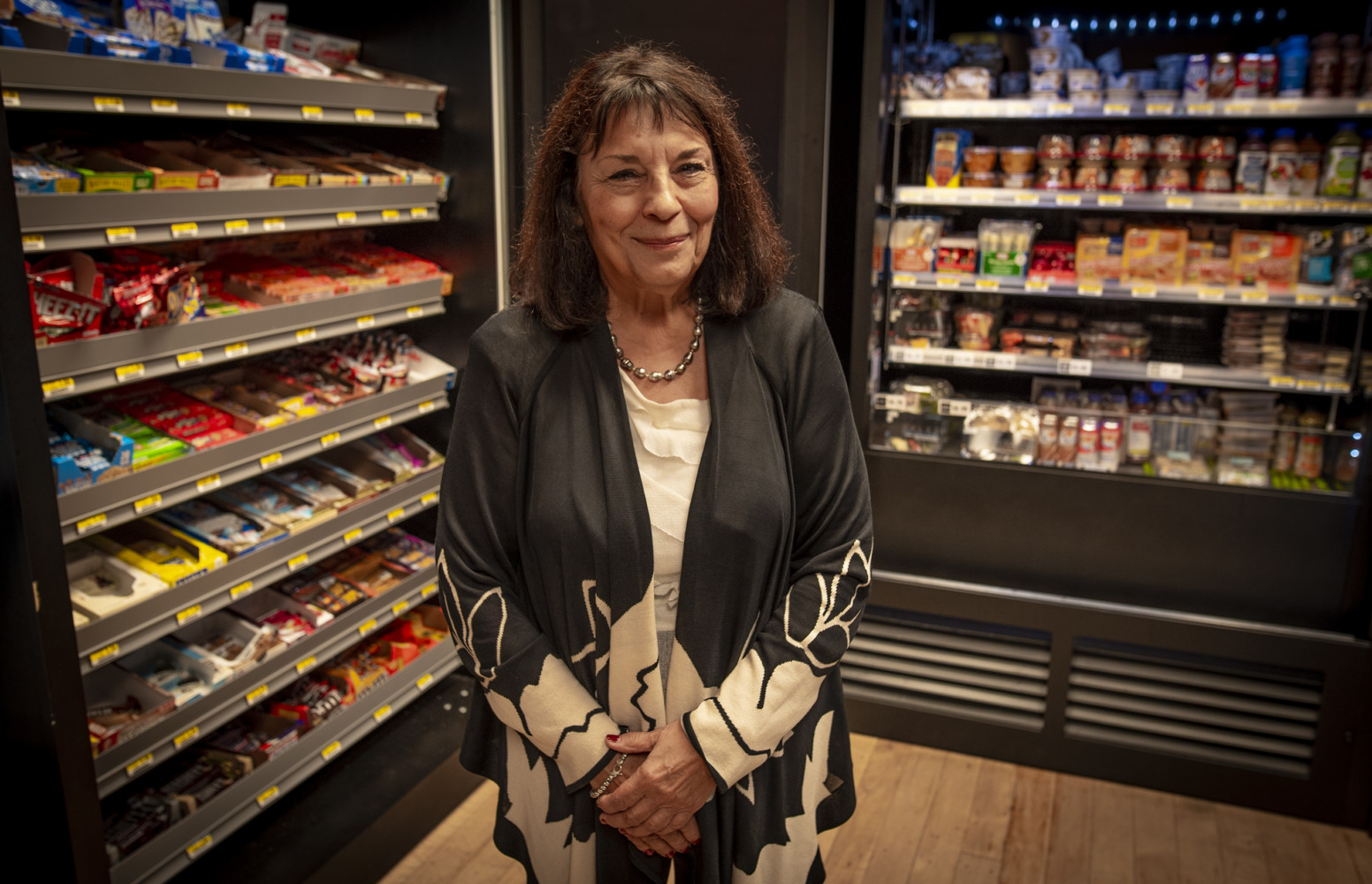
A regenerative and socially responsible approach to food production and distribution is crucial to long-term food security and fundamental to our ecological and human well-being, according to a study by an acclaimed researcher at Clemson University.
Recently published research by Aleda Roth introduces and compares two types of food chains – Conventional Food Supply Chains (CFSC) and Regenerative, Organic Food Value Chains (ROFVC). Moving from conventional to regenerative food chains is vital to our ecological, human, and socioeconomic well-being, according to Roth’s research.
“A Tale of Two Food Chains: The Duality of Practices on Well-being,” published in Production and Operations Management, delves into the entire food production and distribution system, from “dirt to table” by contrasting underlying problems of conventional supply chains and the benefits of organic, regenerative practices.
“We are paying a high price for a lack of transparency in our food supply and realize that taking short cuts, or efficiencies, is not sustainable,” said Roth, a professor in the College of Business at Clemson. “We need to look at multiple performance outcomes, and in doing so, it will become evident that a regenerative, socially responsible approach to agriculture is imperative to a sustainable food supply, but it also extends across other business sectors.”
Roth, who owns a non-GMO corn and soybean farming operation in Ohio, advocates a Quadruple-Aim Performance (QAP) process in evaluating food value chain strategy and execution. QAP connects financial outcomes with ecological, human, and socioeconomic well-being.

In her research, Roth, and co-author, Yanchong Zheng, an associate professor in the Sloan School of Management at MIT, point out the systemic problems conventional food supply chains present that render them unsustainable.
“Conventional chains cut corners in many ways and are not viable, nor renewable,” Roth said. “Toxins, like pesticides, herbicides, and heavy metals often found in global food chains have human well-being impacts that, among other things, degrade soil, water, and air. Extensive use of synthetic chemicals and pollution creates a vicious cycle that lowers public health and heightens the needs for the intensity of health-care services, which drives up societal costs.”
Conversely, Regenerative, Organic Food Value Chains are not only sustainable, but they also can improve financial performance and improve the human condition, according to Roth’s research.
“There is mounting scientific evidence that the cost of not acknowledging conventional food chains’ undesirable and frequently hidden spillover effects is no longer defensible or viable. Increasingly, the many hidden costs associated with chemically reliant factory farming are being revealed, and many of the cracks in efficiency-oriented food supply chains surfaced with COVID-19,” she said. “We find that forward-thinking farmers and ranchers are making radical changes toward environmental stewardship, and there is growing evidence that consumers are positively responding and demanding a safer, yet cost-effective, way to bring food from farm to the table.”
Roth said with regenerative farming, pollution is shunned and ‘taxed,’ and sustainability is rewarded by sequestering greenhouse gas emissions and maintaining biodiversity, living soil, as well as clean air and water. But, she said, the transformation from corner-cutting, factory farming to the more responsible and sustainable regenerative process won’t happen with the flip of a switch. She believes regenerative farming practices can be phased in by starting with one parcel of land and adding more with learning incrementally.
“Some responsible farming businesses and cooperatives, small and large, are already doing no-till, organic farming, crop rotation, and producing grass-fed cattle that significantly cut down the methane gas released into the atmosphere,” she said.
Zheng added that these ideas should be expanded to the whole food chain.
“We must move away from a linear, efficiency-oriented food system toward a more circular, regenerative design, where wastes are reused and recycled. This paradigm shift requires systemic efforts from all parties in the food chain from producers to processors, manufacturers, wholesale, retail, food services, and eventually consumers, to all who contribute to a circular, closed-loop ecosystem,” the MIT professor said.
Roth said that other business sectors will benefit from value-chain-oriented systems design and implementation, which reduces the adverse spillover effects. Their performance measurement moves from a singular focus on classical efficiency-oriented, industrial models toward a more encompassing view of financially profitable, socio-ecologically responsible operations and supply chain practices, she said.
“Our work fosters the broader introduction of regenerative, circular economy models that take a system’s view in capturing Quadruple-Aim Performance throughout their value chain strategies. By doing so, businesses can simultaneously reduce chain-wide wastes while creating significant new sources of customer-perceived value.”


